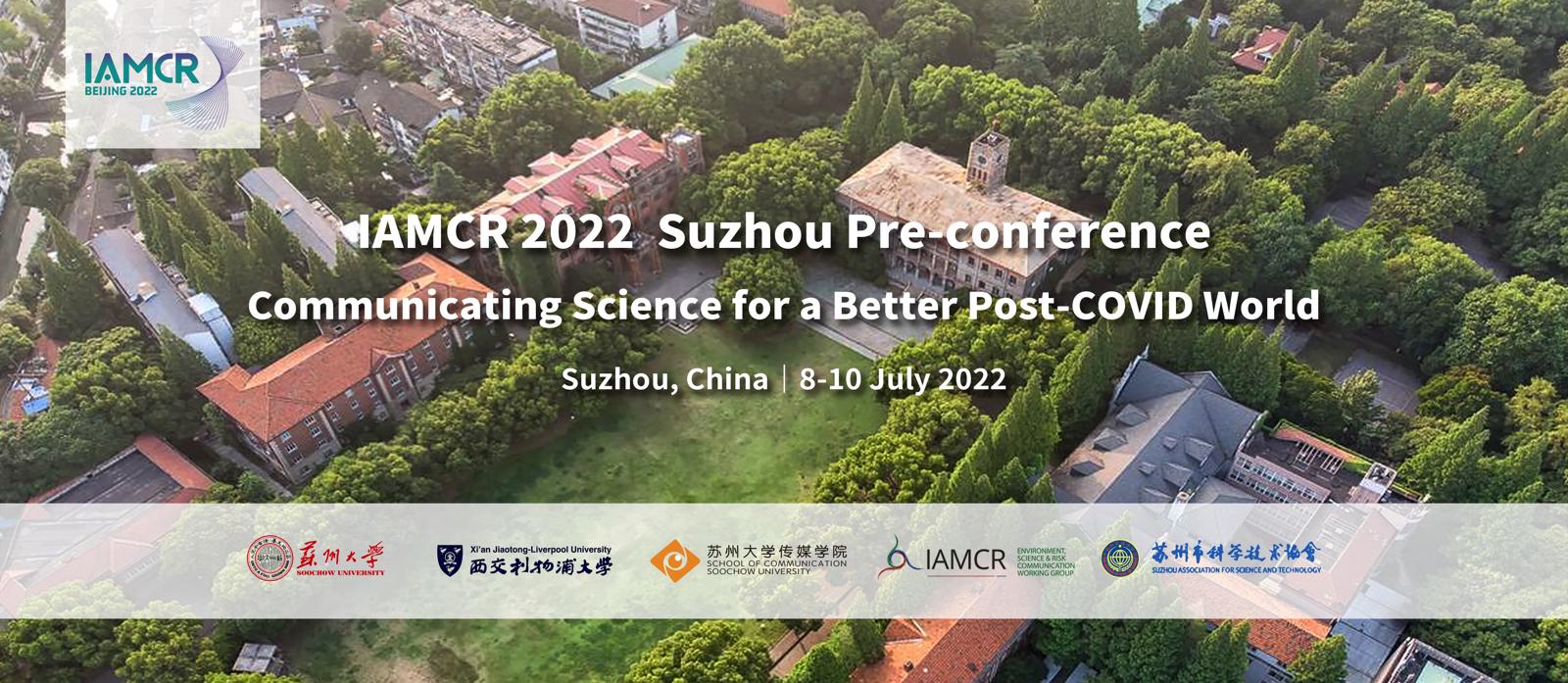After the outbreak of the COVID-19 epidemic, people’s demand for access to public health information has increased significantly. As an information bridge connecting the government and public, the media has publicized the Kazakh government’s epidemic prevention measures, affecting the public’s health behaviors such as personal protection and vaccination attitude. The government of Kazakhstan has been committed to publicizing the latest development of the epidemic to the public through media and popularizing health protection knowledge. Kazakhstan has launched its official website “Coronavirus2020.kz” for epidemic prevention and control to update epidemic information and policy on time, actively responding to rumors to prevent the spread of misinformation.
In the early stage of epidemic prevention and control in Kazakhstan, the official media had actively promoted the government’s epidemic prevention policies to the public, promoting the interaction between government and society. Although the frequency that Kazakh people use online media has increased significantly, traditional media represented by newspapers, radio, and television are still the more trusted sources of information for people. From the end of December 2019 to the beginning of April 2020, a lot of COVID-19-related disinformation appeared on the global Internet, but rumors on social media did not spread widely in Kazakhstan. Similarly, social surveys in Kazakhstan also pointed out that, considering that traditional media are less likely to spread false information, the public’s trust in traditional media in Kazakhstan has increased significantly during the epidemic.
The promotion of vaccination is one of the medical and health measures to effectively curb the large-scale spread of the epidemic. Vaccination information released by the Ministry of Health is important to shaping the health behavior and attitude of people. The Ministry of Health of Kazakhstan had not given enough attention and priority to information on health knowledge, which was not conducive to positively influencing the public’s attitude towards vaccination in the early stage of vaccination work.
In the process of promoting vaccination in Kazakhstan, false information on the Internet has also seriously hindered Kazakh people’s willingness to be vaccinated. Due to the variety of mixed health information in the Internet environment, people who obtain information through the Internet have more concerns about vaccines. In particular, controversial remarks on vaccine ingredients and exaggerated side effects after vaccination on social media have posed a negative impact on Kazakh people’s vaccination attitude.
Vaccination is of great significance to curbing the massive spread of the COVID-19 epidemic. It is still worth pondering what kind of publicity method can promote people’s willingness to be vaccinated to the greatest extent. Paying attention to information publicity about vaccine production, mechanism of action, and making plans to deal with the false information about vaccines rely on the close cooperation between official institutions, the medical community, and the media.

 京公网安备 11010802039275号
京公网安备 11010802039275号